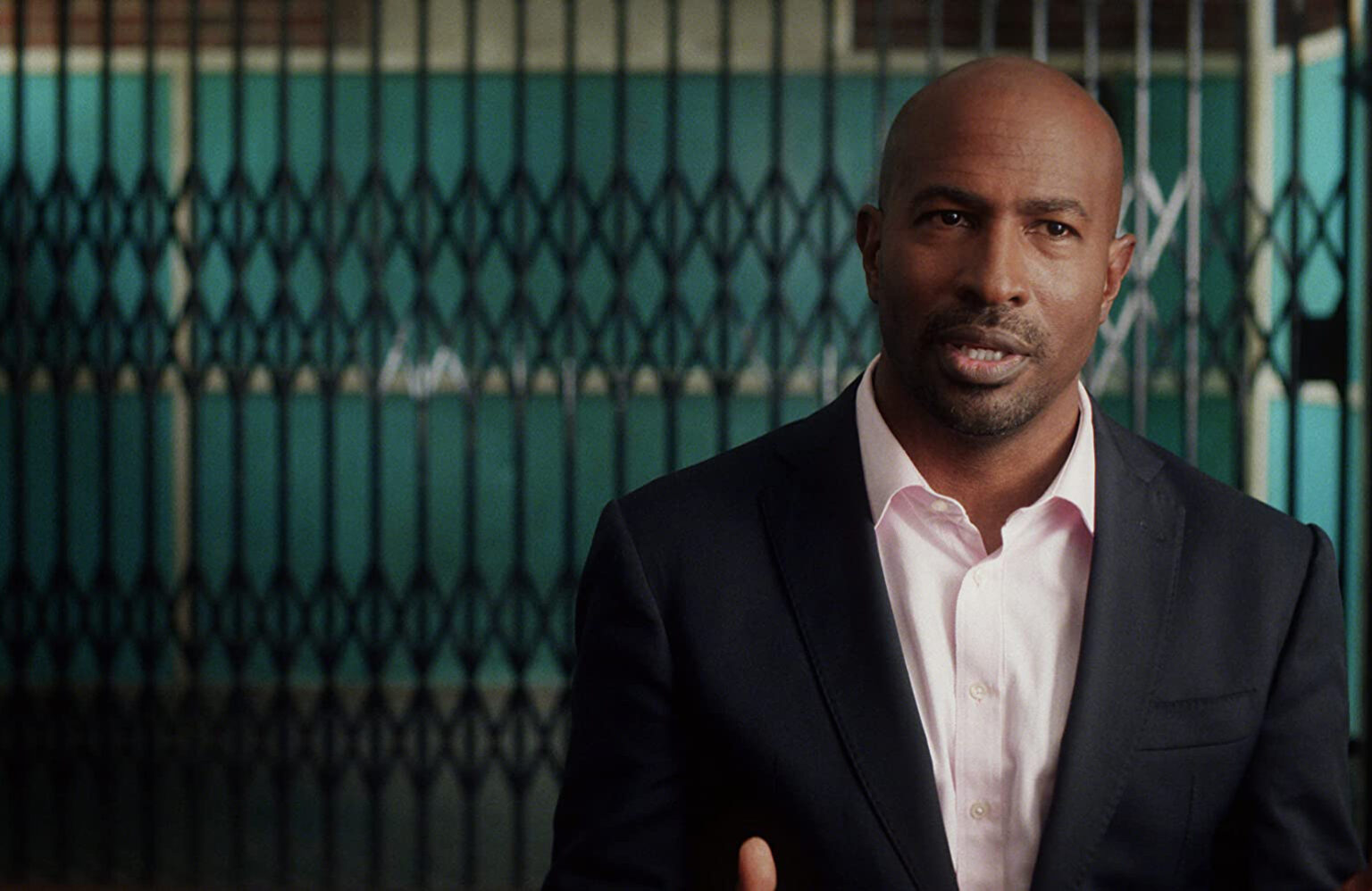As protests against systemic racism and racial injustice continue to rage across the United States, documentaries like “13th” are vital. “13th” provides context to the current protests by exploring the history and systemic processes that have led to the killings of black people like George Floyd by police officers.
“13th” takes its name from the 13th Amendment of the United States Constitution, which formalized the abolition of slavery in the USA. “Neither slavery nor involuntary servitude, except as a punishment for crime whereof the party shall have been duly convicted, shall exist within the United States, or any place subject to their jurisdiction.” The loophole embedded in this Amendment is the focus of the documentary. The film explores how slavery was transformed from an economic model to a punitive one, keeping black men and women in chains.
The documentary is directed, written, and produced by Ava DuVernay. DuVernay is the first African-American woman to win the ‘Best Director’ prize at Sundance Film Festival, as well as the first black female director nominated for the Academy Award for ‘Best Picture.’ While the lived experience of black people in the US has always been a focus of her work, “13th” is her most explicit look at the systemic racism in America.
The documentary moves fast, racing through decades of racist systems put in place since the abolition of slavery. In the first 30 minutes, the film examines chattel slavery, the KKK propaganda film “The Birth of a Nation,” lynching, Jim Crow laws and segregation, the Civil Rights movement, and the racialized implications of both Nixon’s presidential campaign and Ronald Reagan’s War on Drugs. This is all just to provide context for the film’s focus—the intentional mass incarceration of black men in America.
As a documentary, “13th” is very well-made. The editing is fantastic, moving seamlessly between interviews with prominent scholars to footage of black activists and racist abuses. “13th” also uses music, graphics, and statistics to great effect—the film features a number of excellent protest songs from well-known black artists over captivating graphics and statistics, painting a portrait of racial injustice. Several times throughout the film, the word “CRIMINAL” flashes on screen, reminding the viewer of how black men are portrayed in America.
Well-executed and extremely relevant, I highly recommend this documentary. In a time where people are demanding justice for black lives lost, “13th” is essential viewing.


1 Comment
Will surely watch this one. Thanks, Kieran for the review!